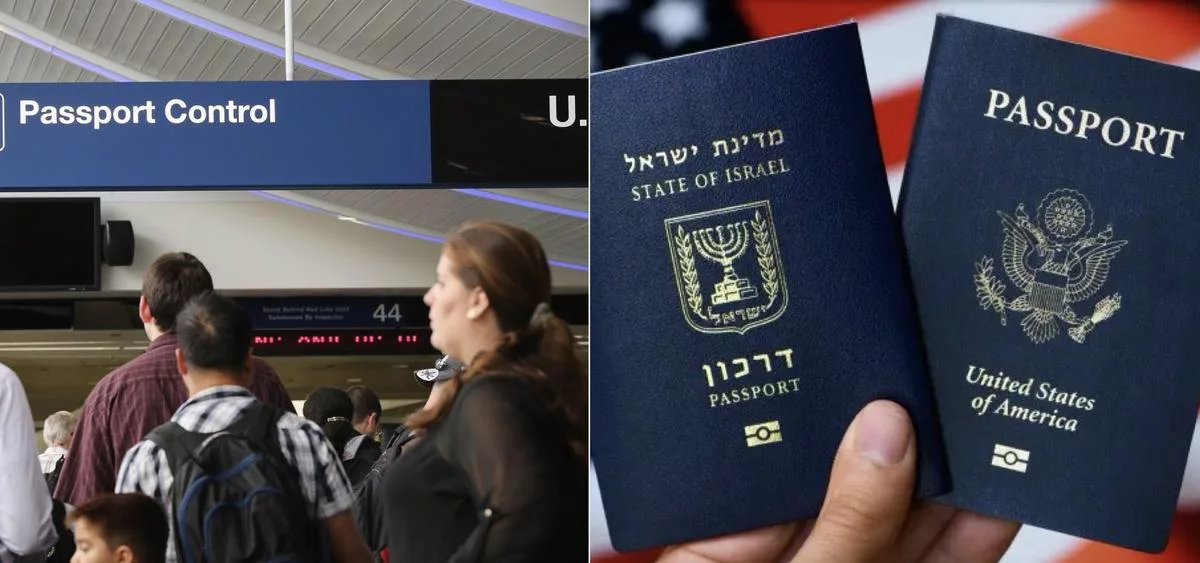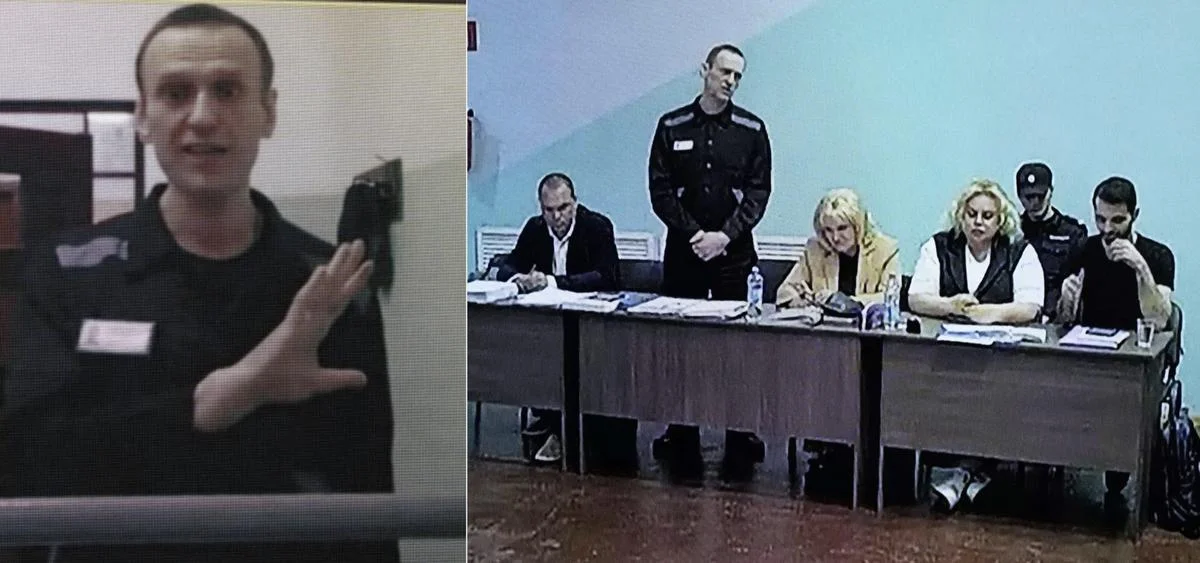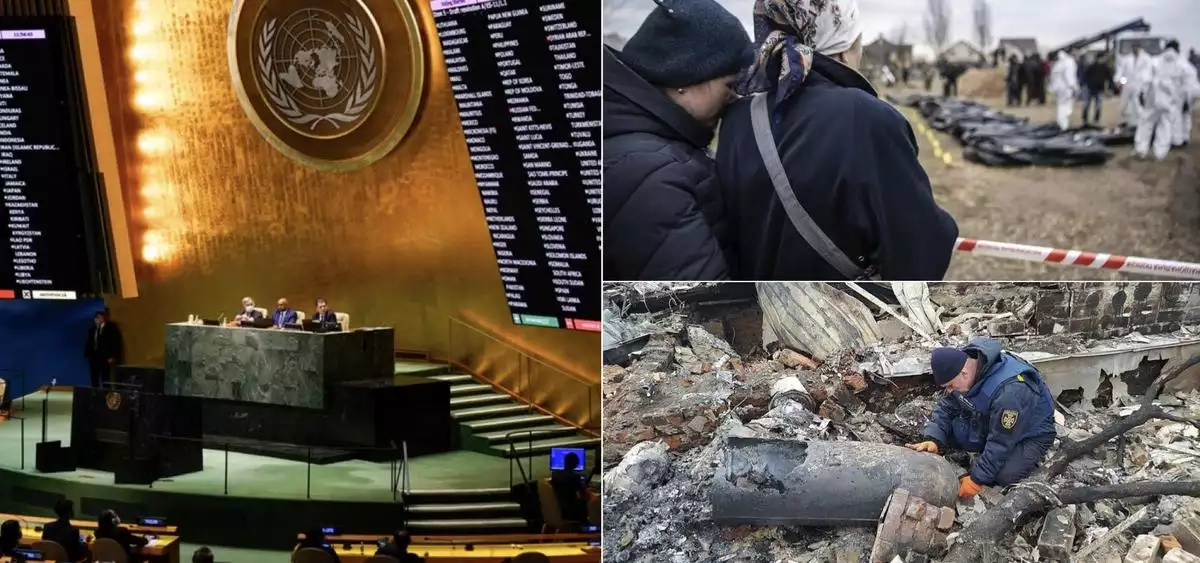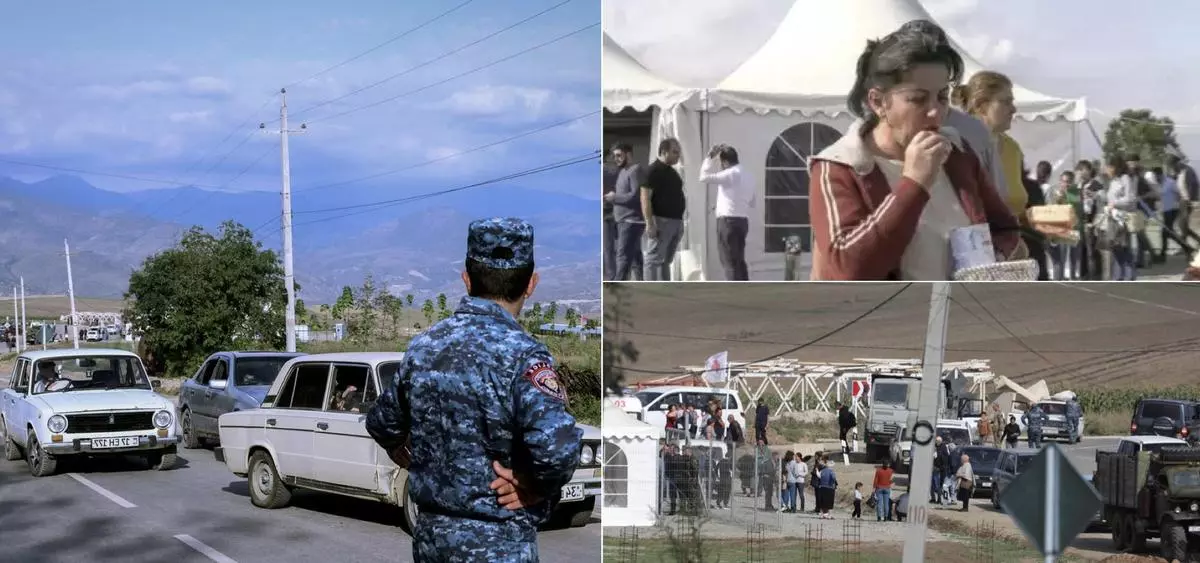SBA officials emphasize that the majority of the estimated fraud of $200 Billion occurred during the first nine months of the pandemic under the previous administration. Stricter rules and measures have been implemented under the Biden administration, along with a proposed $1.6 billion plan to enhance law enforcement efforts against pandemic COVID relief fraudsters.
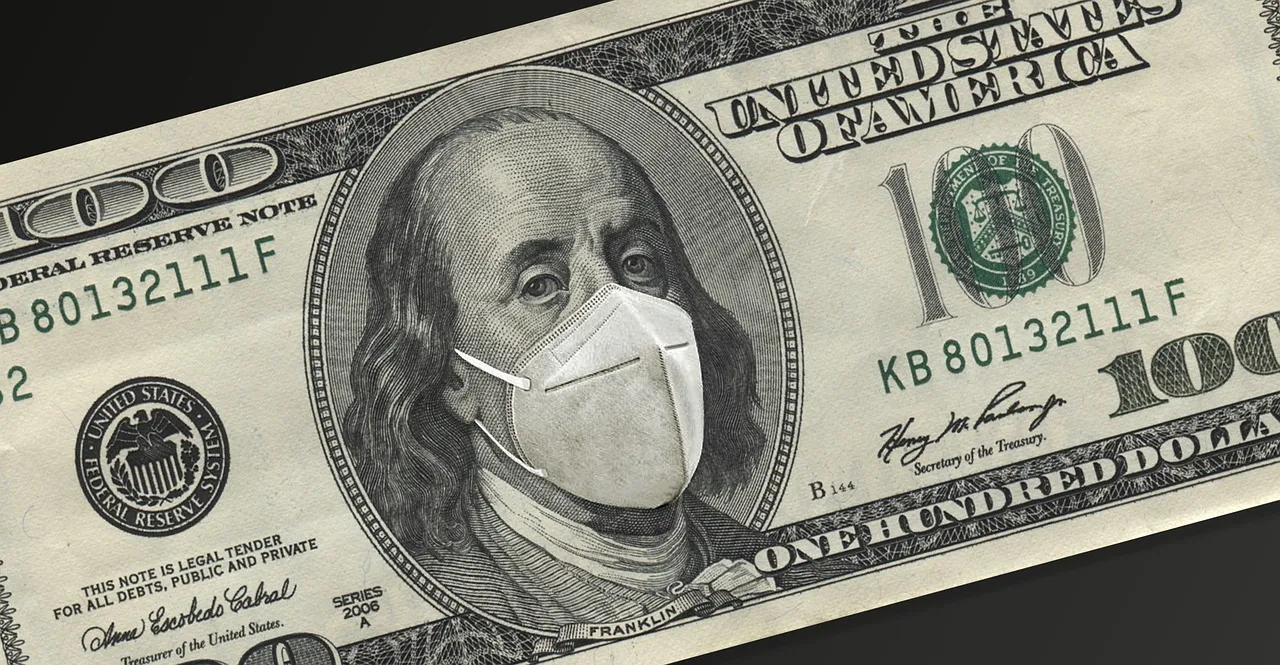
Photo Credit: Image by Tayeb MEZAHDIA from Pixabay
In a shocking revelation, the Office of the Inspector General for the Small Business Administration (SBA) has estimated that over $200 billion in COVID relief loans and grants may have been fraudulently obtained, accounting for nearly one-fifth of all funds disbursed under the SBA’s Paycheck Protection Program (PPP) and the Economic Injury Disaster Loan (EIDL) program. This higher figure conveys the weakness of such programs to anti social elements, particularly during the early stages of the pandemic.
The new estimate by the SBA’s watchdog surpasses previous projections and suggests that approximately 17% of the total revenue from these relief programs could have been stolen. This percentage far exceeds the standard amount of expected fraud for any organization’s finances, which is estimated to be around 5% by the Association of Certified Fraud Examiners. The report highlights that prior to the pandemic, SBA programs were not attractive targets for organized criminal syndicates or transnational gangs.
However, with the influx of COVID relief funds, opportunistic individuals and groups sought to exploit these programs for personal gain. The inspector general’s office meticulously examined more than 250,000 fraud tips received through the SBA’s hotline, narrowing them down to 90,000 actionable leads. Their investigation identified several red flags of obvious fraud, including loan applications from foreign countries, multiple loans originating from the same IP addresses, and borrowers who neither applied for loan forgiveness nor are currently in default.
The report highlighted an egregious example of a fraudster who managed to exploit the SBA’s loan programs more than 150 times, amassing over $3 million. Despite such instances, efforts to recover the misappropriated funds have been underway. To date, at least $30 billion has been successfully recovered, seized, or returned to the U.S. Treasury. Financial institutions have returned $8 billion, while borrowers have voluntarily returned an additional $20 billion. The investigative work of the watchdog has resulted in 529 fraud convictions, with 570 ongoing investigations.
Responding to the report, SBA officials emphasized that the majority of the estimated fraud—86%—occurred during the first nine months of the pandemic under the previous administration, with fewer incidents reported during subsequent distributions under the Biden administration.The Biden administration has enforced stricter rules and measures to combat epidemic- related fraud, including the use of the” Do Not Pay” database. Furthermore, President Biden has proposed a $1.6 billion plan to enhance law enforcement efforts to pursue pandemic relief fraudsters.
The magnitude of the fraud has wide-ranging repercussions. A recent study revealed that fraudulent access to relief funds inflated house prices, with areas affected by high levels of fraud experiencing an average 5.7 percentage point increase in housing prices. Additionally, increased consumer spending resulting from fraudulent funds may have contributed to broader inflationary pressures. These unintended consequences underscore the importance of effective fraud controls and ensuring targeted relief reaches those in genuine need.
The shocking revelation of over $200 billion potentially stolen from COVID relief programs in the USA calls for increased scrutiny, accountability, and safeguards to protect taxpayer funds. Although efforts are being made to recover the stolen money and bring the fraudsters to justice, the magnitude of the issue demands continual attention and better safeguards against future occurrences. As the nation seeks to rebuild from the devastating impacts of the pandemic, addressing fraud and restoring trust in relief programs will be critical for a fair and equitable recovery.
Stay connected with Today On Globe for the latest Global Issues and News Updates.
Explore more related articles at [TOG News / TOG Article]



